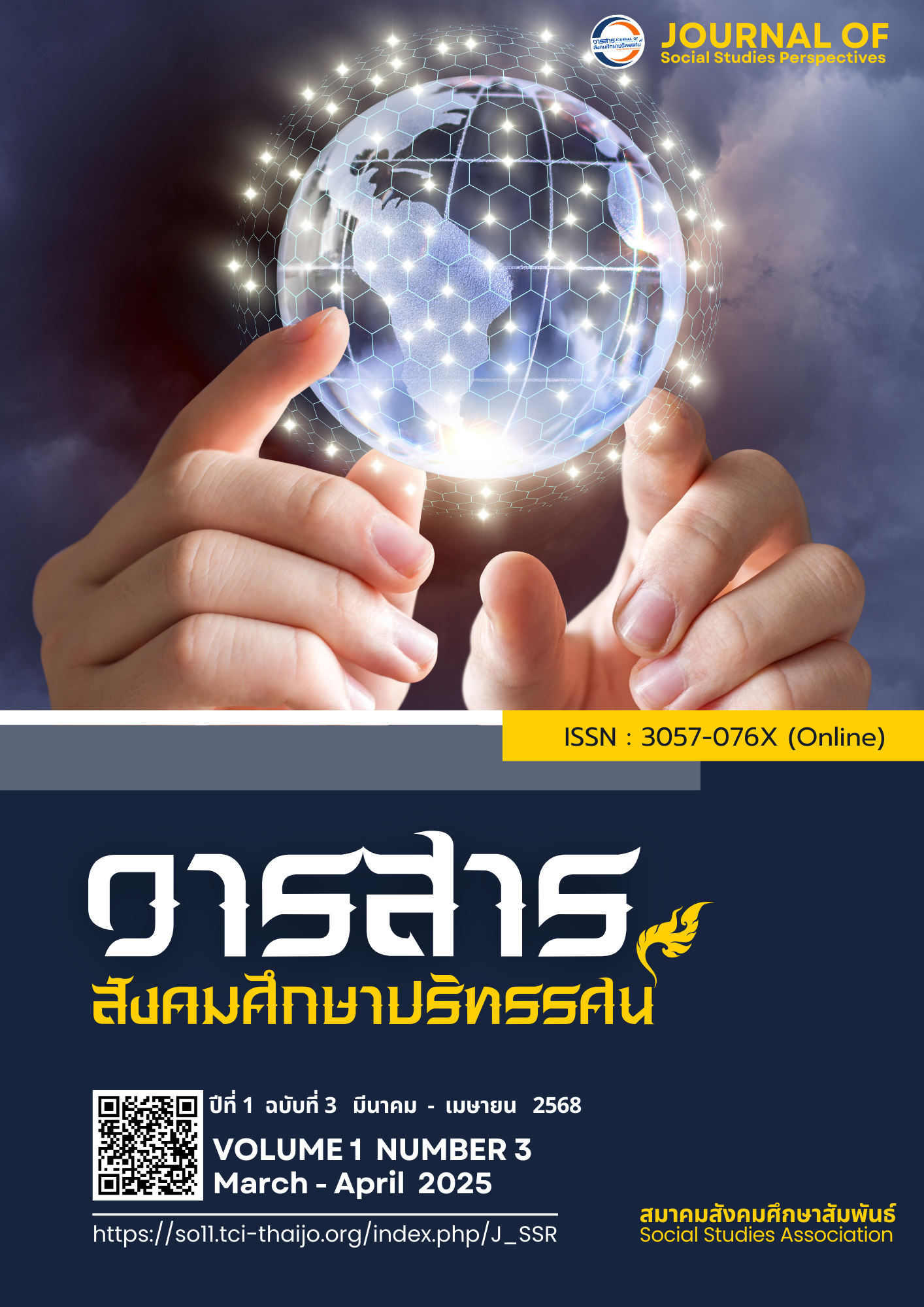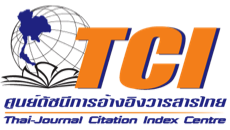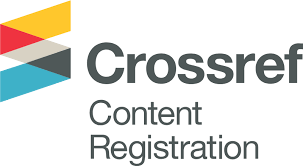กลยุทธ์การบริหารสถานศึกษาเพื่อสร้างโอกาสทางการศึกษา
DOI:
https://doi.org/10.64186/jsp1452คำสำคัญ:
กลยุทธ์การบริหารสถานศึกษา, โอกาสทางการศึกษา, เทคโนโลยีทางการศึกษา, การบริหารทรัพยากร, การสร้างเครือข่ายความร่วมมือบทคัดย่อ
บทความวิชาการนี้นำเสนอกลยุทธ์การบริหารสถานศึกษาเพื่อสร้างโอกาสทางการศึกษา ซึ่งเป็นแนวทางสำคัญในการพัฒนาคุณภาพการเรียนรู้และความเสมอภาคทางการศึกษา กลยุทธ์สำคัญประกอบด้วย การกำหนดวิสัยทัศน์ และพันธกิจที่ชัดเจน เพื่อให้ทุกฝ่ายในองค์กรมีเป้าหมายร่วมกัน การวางแผนเชิงกลยุทธ์ที่มีความยืดหยุ่น และสามารถปรับตัวได้ตามการเปลี่ยนแปลงของสังคม การจัดการทรัพยากรอย่างมีประสิทธิภาพ เพื่อให้สถานศึกษาสามารถดำเนินงานได้อย่างยั่งยืน และการใช้เทคโนโลยีทางการศึกษาเพื่อเพิ่มโอกาสในการเข้าถึงการเรียนรู้ โดยเฉพาะสำหรับกลุ่มผู้เรียนที่มีข้อจำกัด นอกจากนี้ บทความยังเน้นถึงความสำคัญของการสร้างเครือข่ายและความร่วมมือระหว่างสถานศึกษากับหน่วยงานภาครัฐ เอกชน และชุมชน ซึ่งช่วยสนับสนุนทรัพยากรและองค์ความรู้ในการพัฒนาการศึกษา ตลอดจนการศึกษากรณีตัวอย่างของสถานศึกษาที่ประสบความสำเร็จในการใช้กลยุทธ์ดังกล่าว ผลลัพธ์ที่ได้แสดงให้เห็นว่า การบริหารที่มีแบบแผน และมีความยืดหยุ่นสามารถช่วยลดความเหลื่อมล้ำทางการศึกษา และส่งเสริมการเรียนรู้ที่มีคุณภาพ ดังนั้น กลยุทธ์การบริหารสถานศึกษาจึงเป็นกลไกสำคัญในการเสริมสร้างโอกาสทางการศึกษา ซึ่งสามารถนำไปปรับใช้ในบริบทต่าง ๆ เพื่อพัฒนาระบบการศึกษาที่มีประสิทธิภาพ ครอบคลุม และยั่งยืนในระยะยาว
เอกสารอ้างอิง
Asdawut S. (2022). School Administration: Theory and Practice. Bangkok: Educational Publisher.
Ally, M. (2021). Foundations of Educational Technology: Integrating Technology in Education. Routledge.
Borkowski, N. (2021). Strategic Management in Educational Institutions: Trends and Challenges in the Post-COVID Era. Springer.
Boudah, D. (2020). Resource Management and Funding in Education: Maximizing Opportunities for School Improvement. Educational Finance Journal, 27(4), 57-72.
Bryk, A. S1., Gomez, L2., & Grunow, A3. (2021). Learning to Improve: How America's Schools CanGet Better at Getting Better. Harvard Education Press.
Bryson, J. M. (2018). Strategic planning for public and nonprofit organizations: A guide to strengthening and sustaining organizational achievement. John Wiley & Sons.
Choi, J. (2021). Future directions in educational technology integration: Strategies for developing adaptive learning environments. International Journal of Educational Research, 98(2), 54-67.
Choi, J1., & Lee, S2. (2020). Collaborative education partnerships for enhancing digital skills in the 21st century. Journal of Educational Technology & Society, 23(1), 115-128.
Darling-Hammond, L. (2020). The Right to Learn: A Blueprint for Creating Schools that Work. Jossey-Bass.
Epstein, J. L. (2018). School, family, and community partnerships: Preparing educators and improving schools. Routledge.
Fullan, M. (2021). Leading in a Culture of Change: Achieving Success in Schools. Jossey-Bass.
García, M. (2022). Innovation and Strategy in Education: The Role of Technology and Collaboration. Journal of Educational Administration, 60(2), 156-172.
Guskey, T. R. (2002). Professional development and teacher change. Teachers and Teaching. Theory and Practice, 8(3), 381-391.
Gürel, E1., & Tat, M2. (2017). The role of strategic alliances in higher education: Opportunities for academic innovation. Educational Management Administration & Leadership, 45(2), 253-272.
Gürel, E1. & Tat M2. (2017). SWOT analysis: A theoretical review. Journal of International Social Research, 10(51), 994-1006.
Hallinger, P. (2011). Leadership for learning: Lessons from 40 years of experience. Journal of Educational Administration, 49(2), 125-151.
Harris, A1., & Jones, M2. (2020). Leading Schools in a Digital Era: From Strategy to Action. Educational Leadership, 78(4), 10-17.
Hargreaves, A1., & Fullan, M2. (2012). Professional capital: Transforming teaching in every school. Teachers College Press.
Hongkhuntod, N. (2023). Strategies for school management in the new normal (Master’s thesis). Siam University.
Hongkhuntod, N1., Bunjant, B2., & Napakhun, A3. (2024). Strategies for school management in the new normal era. Journal of the Association for Professional Development of Educational Administration in Thailand, 6(1), 45-60.
Jackson, D1. A., Smith, P2., & Davis, M. J3. (2021). Strategies for Educational Leadership in the Age of Technology: Challenges and Innovations. Journal of Educational Management, 45(2), 234-249.
Jones, M1., & Smith, T2. (2023). Collaborative Partnerships for Education Development in a Digital Age. Education and Technology Journal, 32(4), 342-359.
Kriangkrai, K. (2020). The development of educational administration processes for the modern era. Bangkok: Academic Publisher.
Kotter, J. P. (2012). Leading change. Harvard Business Press.
Khan, S1., Alghamdi, A2., & Qureshi, M3. (2021). Strategic Educational Planning: Global Trends and Local Solutions. Wiley-Blackwell.
Leithwood, K1., Harris, A2., & Hopkins, D3. (2020). Seven Strong Claims About Successful School Leadership. School Leadership & Management, 40(1), 5-27.
Michael, L1., & Roberts, K2. (2022). Sustainability in Education: Strategies for Change and Innovation. Springer.
Ministry of Education. (2021). Report on Educational Management during the COVID-19 Pandemic. Bangkok: Ministry of Education.
Mintzberg, H. (1994). The rise and fall of strategic planning: Reconceiving roles for planning, plans, planners. Free Press.
Moore, M. G. (2020). Distance Education: A Systems View of Online Learning. Wadsworth Publishing.
Office of the Basic Education Commission. (2021). Basic Education School Administration. Bangkok: Office of the Basic Education Commission.
Office of the Education Council. (2019). The National Strategy (2018-2037). Bangkok: Office of the Education Council.
Porter, M. E. (1996). What is strategy?. Harvard Business Review, 74(6), 61–78.
Resta, P1., & Smith, M2. (2021). Digital Literacy and the Role of Technology in Education. Springer.
Rosen, M1., & Sears, A2. (2022). Skills for the 21st Century: An Educational Approach. Wiley.
Selwyn, N. (2016). Education and Technology: Key Issues and Debates. Continuum International Publishing Group.
Sultan, A. (2020). Management of Educational Resources for Better Learning Outcomes. Springer.
Thipdee, J., & et al. (2023). Strategies for school management towards becoming a learning organization. Journal of Education and Development, 15(2), 45-60. https://so06.tci- thaijo.org/index.php/JSSP/article/view/261376
Yongyoot, S. (2022). The Strategies for School Administration in the Era of New Normal (A Thesis for The Doctor of Philosophy). Silpakorn University, Nakhon Pathom.
ดาวน์โหลด
เผยแพร่แล้ว
รูปแบบการอ้างอิง
ฉบับ
ประเภทบทความ
หมวดหมู่
สัญญาอนุญาต
ลิขสิทธิ์ (c) 2025 วารสารสังคมศึกษาปริทรรศน์

อนุญาตภายใต้เงื่อนไข Creative Commons Attribution-NonCommercial-NoDerivatives 4.0 International License.
บทความนี้ได้รับการเผยแพร่ภายใต้สัญญาอนุญาต Creative Commons Attribution-NonCommercial-NoDerivatives 4.0 International (CC BY-NC-ND 4.0) ซึ่งอนุญาตให้ผู้อื่นสามารถแชร์บทความได้โดยให้เครดิตผู้เขียนและห้ามนำไปใช้เพื่อการค้าหรือดัดแปลง หากต้องการใช้งานซ้ำในลักษณะอื่น ๆ หรือการเผยแพร่ซ้ำ จำเป็นต้องได้รับอนุญาตจากวารสาร










